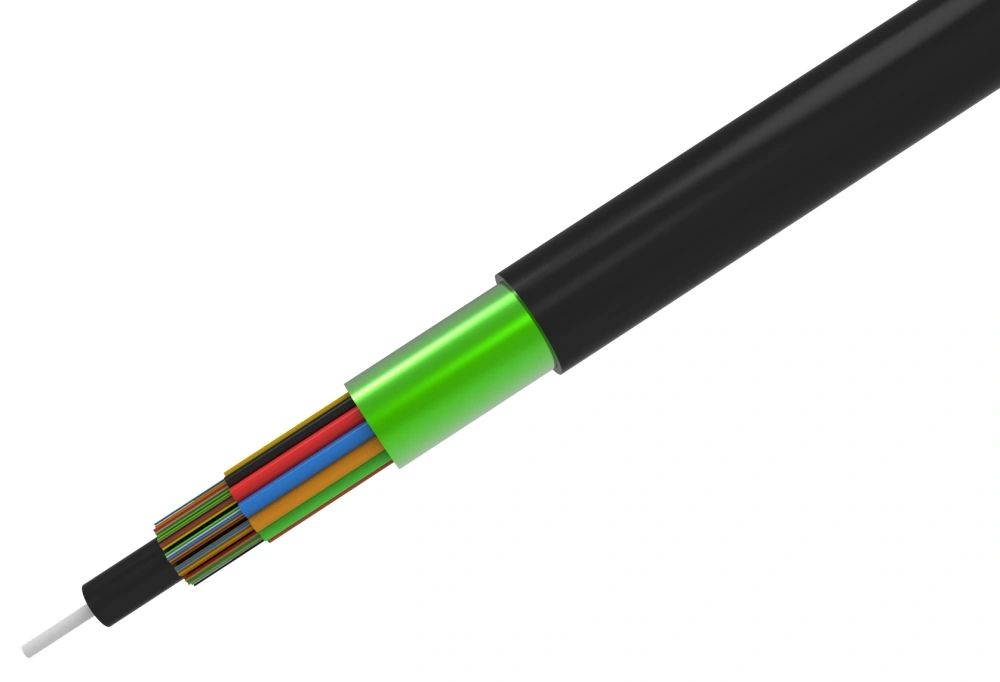Efficiency and Value: Evaluating Return on Investment and Performance Requirements

Outdoor cables play a crucial role in the infrastructure of various industries, including telecommunications, energy, and transportation. The economics and cost-benefit assessment of these cables are essential considerations when making investment decisions. This article will explore the factors influencing the evaluation process while examining the trade-offs between return on investment and performance requirements.
Importance of Return on Investment
Return on investment (ROI) is a key factor in decision-making processes. When assessing outdoor cables, ROI provides a measure of the profitability and financial viability of an investment. It considers both the initial investment and the potential returns over time. A higher ROI indicates a more favorable investment opportunity.
Factors Influencing ROI
Several factors influence the ROI of outdoor cables. Firstly, the durability and lifespan of the cables impact the long-term returns. Cables that require less maintenance and have a longer lifespan incur fewer replacement and repair costs, resulting in higher ROI.
Secondly, the design and quality of the cables affect their performance and durability. Opting for high-quality cables may result in a higher upfront cost but can lead to lower maintenance expenses and increased efficiency, ultimately improving ROI.
Lastly, the scalability of outdoor cables is crucial. As technology advances and demand increases, the ability to easily upgrade and expand the cable infrastructure without significant additional costs positively impacts ROI.
Performance Requirements: Balancing Quality and Cost
Performance requirements refer to the technical specifications that outdoor cables must meet to ensure optimal functionality. Balancing quality and cost is essential when considering performance requirements.
Investing in reliable and high-performance cables is crucial to meet the growing demands of industries. These cables should have high bandwidth capacity, low latency, and resistance to environmental factors such as extreme temperatures and moisture. However, it is important to evaluate the cost implications of these requirements and find a balance that aligns with the organization's budget and specific needs.
Conclusion
The economics and cost-benefit assessment of outdoor cables consider both return on investment and performance requirements. Evaluating ROI helps determine the profitability of an investment by considering factors such as durability, lifespan, design, and scalability. Balancing performance requirements ensures that the cables meet the necessary technical specifications without compromising the organization's financial resources. By carefully assessing these factors, businesses can make informed decisions and optimize their investment in outdoor cables.



